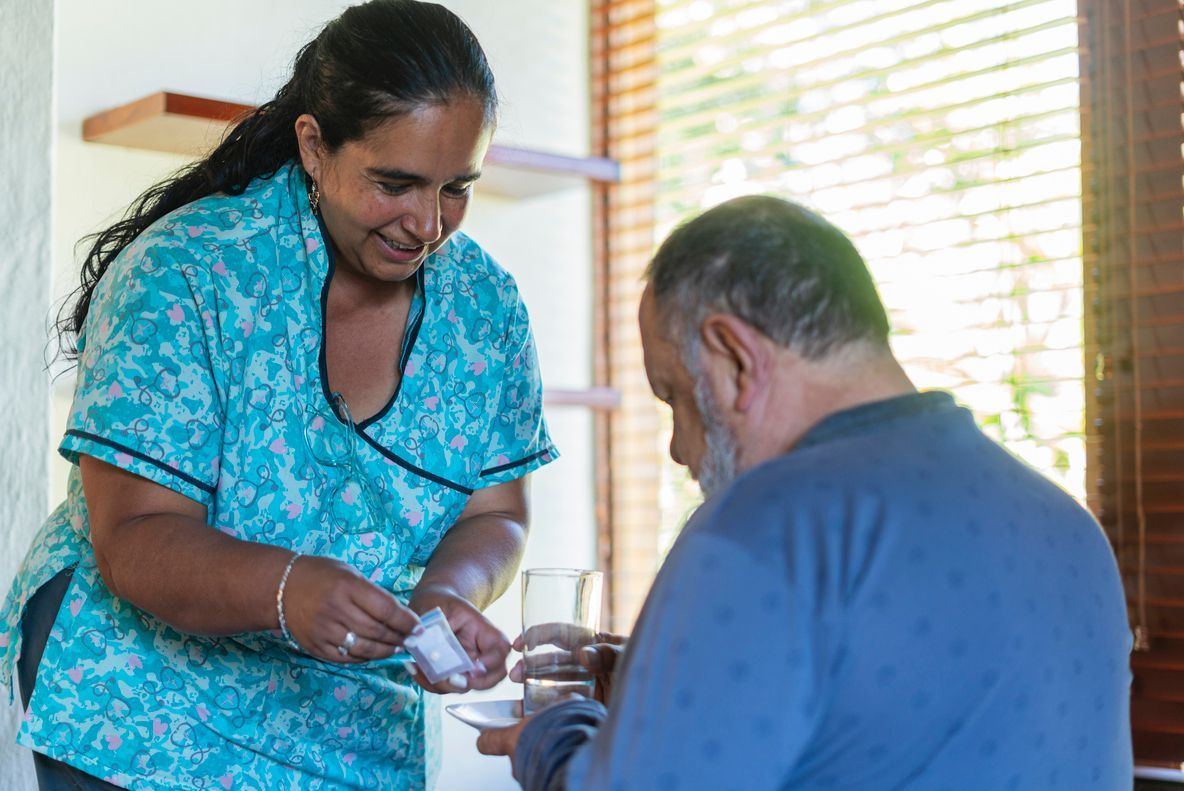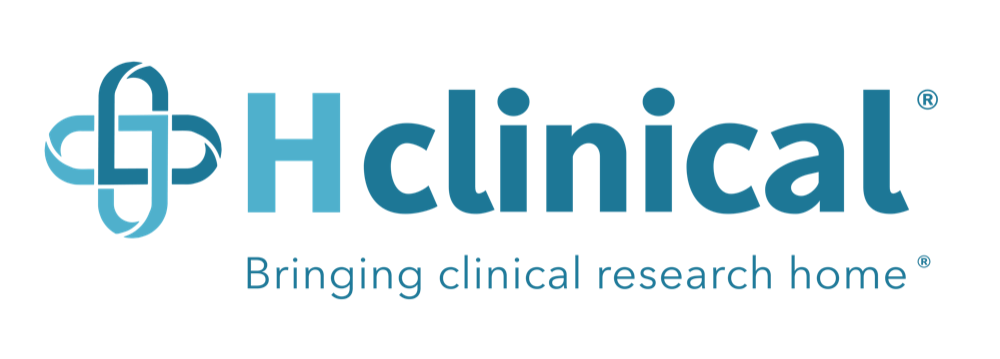Patient Support Programs: Empowering Patients in Latin America

Accessing and adhering to complex medication treatments can be challenging, especially for patients managing chronic illnesses or newly introduced therapies. Patient Support Programs (PSPs), also known as Patient Medication Support, Patient Care Plan Adoption, and Patient Adherence Initiatives, play a crucial role in improving treatment outcomes, enhancing patient engagement, and ensuring patient safety. These programs provide education, logistical assistance, and continuous monitoring to support patients and their families throughout their treatment journey.
The Importance of Patient Support Programs in Latin America
Latin America presents a unique healthcare landscape with vast disparities in infrastructure and accessibility. Many patients live in remote or underserved areas, where traveling to specialized treatment centers can be costly and time-consuming. PSPs help bridge this gap by bringing essential healthcare support directly to patients, ensuring they can access and adhere to prescribed treatments without the burden of excessive travel.
PSPs provide a range of services tailored to the needs of patients and their families, including:
- Education and Counseling: Ensuring patients understand their treatments, potential side effects, and the importance of adherence.
- Home Healthcare and Monitoring: Allowing trained professionals to administer medications, monitor progress, and detect adverse reactions early.
- Logistical and Financial Support: Assisting with medication delivery, insurance navigation, and financial assistance programs to reduce the cost burden.
How PSPs Improve Patient Retention and Adherence
One of the primary goals of PSPs is to improve patient adherence to prescribed therapies. Studies have shown that adherence rates for chronic disease medications can be as low as 50% globally, leading to poor treatment outcomes and increased healthcare costs (World Health Organization, 2022). PSPs directly address these challenges by offering:
- Regular Follow-Ups: Personalized check-ins and reminders help keep patients on track with their treatment plans.
- Emotional and Psychological Support: Counseling services can help reduce anxiety and encourage long-term commitment to prescribed therapies.
- Collaborative Care Coordination: PSPs foster better communication between healthcare providers, caregivers, and patients, ensuring a holistic approach to patient care.
Strengthening Healthcare Collaboration and Patient Safety
Patient safety is a top priority in PSPs. By maintaining consistent communication between patients and healthcare professionals, these programs can:
- Detect and manage side effects early, preventing complications that may require hospitalization.
- Facilitate data collection for post-marketing studies, ensuring long-term drug efficacy and safety.
- Provide real-world evidence on treatment adherence and patient experiences, which can help refine medical guidelines and policies.
For example, a patient adherence program for oncology treatments in Brazil reported a 30% increase in treatment adherence among participants receiving structured support compared to those who did not enroll in the program (Brazilian Journal of Oncology, 2021).
The Role of Home Healthcare in Expanding Access
Given the geographical and economic challenges in Latin America, home healthcare services integrated into PSPs have proven to be a game-changer. Instead of requiring patients to travel long distances for every treatment session, PSPs can:
- Deliver medications directly to patients’ homes.
- Provide remote monitoring solutions, allowing healthcare professionals to track progress through telemedicine consultations.
- Reduce the risk of treatment discontinuation due to transportation or financial barriers.
A study in Mexico found that patients enrolled in home-based PSPs had a 25% lower hospitalization rate compared to those relying on traditional institutional visits alone (Mexican Health Review, 2023).
The H Clinical View
Patient Support Programs are revolutionizing healthcare access and treatment adherence in Latin America. By providing education, home healthcare, logistical support, and continuous monitoring, PSPs empower patients to manage complex therapies more effectively. As healthcare systems in the region continue to evolve, expanding these programs will be essential to improving patient outcomes, strengthening care collaboration, and ensuring that underserved populations receive the comprehensive care they deserve.
Sources
- World Health Organization. (2022). “Medication Adherence: WHO Global Report.”
- Brazilian Journal of Oncology. (2021). “Impact of Patient Adherence Programs on Oncology Treatment Outcomes.”
- Mexican Health Review. (2023). “Home-Based Patient Support Programs: A Solution to Healthcare Accessibility Challenges.”
About the Author: Mitchell Parrish
Mitchell Parrish is the President and CEO of H Clinical. He is responsible for planning and executing the strategic vision and direction for H Clinical, along with advising the leadership team on operations, business activities, and finances.
LinkedIn: https://www.linkedin.com/in/mitchellparrish/
Follow H Clinical on LinkedIn: https://www.linkedin.com/company/h-clinical/

We simplify complex clinical trials across Latin America.
H Clinical simplifies complex clinical trials to meet the needs of all patients and studies. We are the leader in delivering localized, community-based, patient-centric clinical trial services and home healthcare throughout Latin America. At H Clinical, we’re bringing clinical research home.
-
TAMPA - U.S./CORPORATE HEADQUATERS
7901 4th St N, Suite 5706 St. Petersburg, FL 33702 -
MEXICO CITY – CENTRAL AMERICAN HEADQUARTERS
Av. Álvaro Obregón 121, Piso 7 Colonia Roma Norte Cuauhtémoc, Ciudad de México, C.P. 06700 -
SAO PAULO – SOUTH AMERICAN HEADQUARTERS
Rua Salviano Jose Da Silva, No 225 Bairro El Dorado, Sao Jose Dos Campos, SP, Brazil


